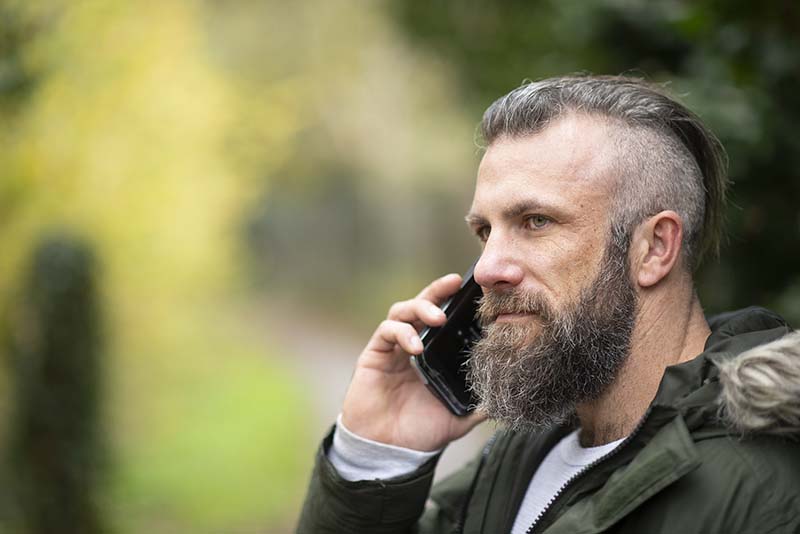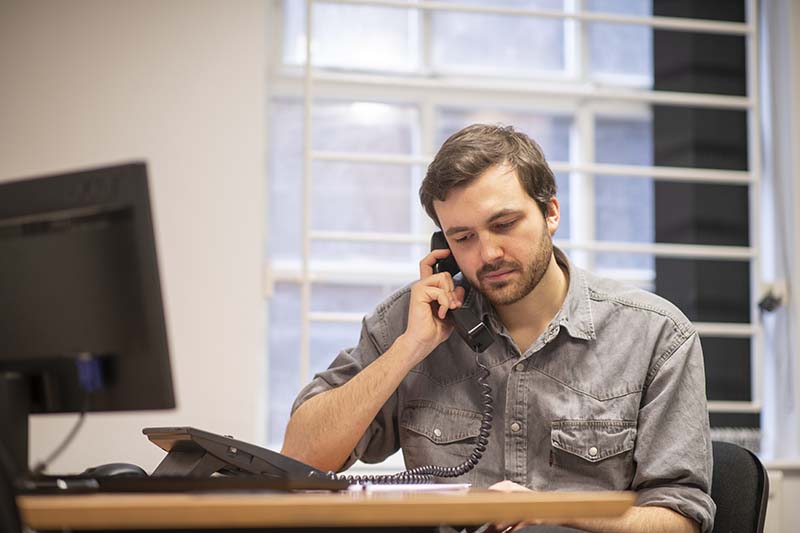The coronavirus outbreak is affecting the way many of us live our lives and it’s normal that this will affect people’s mental health. The Samaritans have put together some ideas to help you to take care of yourself in these strange and difficult times.
You may be feeling more worried or unsettled by what’s going on in the world. It might feel like things are changing, and there is a lot that’s outside of our control.
Because of Coronavirus, there are a lot of unknowns about the immediate and long-term future, and it’s becoming clearer that we are going to have to do things a little differently, particularly in the way we live our day-to-day lives. It’s natural that this uncertainty and change will affect people’s mental wellbeing.
Elaine Mottram, Director of Aberdeen Samaritans, said: “This is an uncertain time and it is okay to feel worried or unsettled by all that’s happening around us. But together we can all play a part in looking after our own wellbeing and looking out for others.
“Little things, like paying attention to how you’re feeling, taking breaks when you need to and making time for activities you enjoy can all boost our wellbeing.
“It’s also important – at this time more than ever – that we stay connected. Just because we may be physically distant from family and friends, doesn’t mean we can’t still reach out.”

Government guidance to stay at home over the next few weeks means that we won’t have the social contact that some of us are used to, and in some cases, if you live alone or are in self-isolation, it will mean we’re cut off from all contact for quite some time.
Here’s some things to remember:
It’s okay. It’s common to feel this way.
You’re not alone in feeling like this. Many people struggle to cope at one point or another and going through a range of emotions during this time is common.
You are never alone
When people are going through a tough time they often experience negative thoughts about themselves and feel they have no-one to turn to.
Even if you don’t have family or friends close by, you are never alone. Samaritans volunteers are here for you every day of the year, round the clock.
These feelings may not last forever
Everyone feels low at some point in their lives and if you’re struggling to cope it may be difficult to see beyond your current situation. Talking about how you’re feeling can help put things into perspective and help you to feel more positive about the future.
Identify trigger situations
There are all sorts of reasons why you may be finding it hard to cope. Often it’s due to a combination of things, in addition to the ongoing Coronavirus.
Perhaps you’re going through:
- relationship and family problems
- loss, including loss of a friend or a family member through bereavement
financial worries - job-related stress
- college or study-related stress
- worry about current events, such as the Coronavirus outbreak
- loneliness and isolation, or struggling with self-isolation
- depression
- painful and/or disabling physical illness
- heavy use of or dependency on alcohol or other drugs
- thoughts of suicide.
 There are lots of things you can do to help yourself
There are lots of things you can do to help yourself
- Make time for yourself, relax and do things you enjoy
- Eat healthily
- Get plenty of sleep if you can. Taking some exercise or at least spending some time in the fresh air is good and might help with sleeping
- Try to stay connected to the people you love
- Talk about your problems with people you trust
- Be proud of what you’re good at, as well as aware of what you struggle with
- Pay attention to what you’re feeling.
If you’ve stopped doing things you usually love, you’re tearful, not eating or sleeping properly, drifting from people close to you, taking alcohol or drugs to cope or self-harming, then talk to us, or someone you trust.
Samaritans is here to listen for anyone who is struggling. You can call for free on 116 123 or email jo@samaritans.org around the clock.











